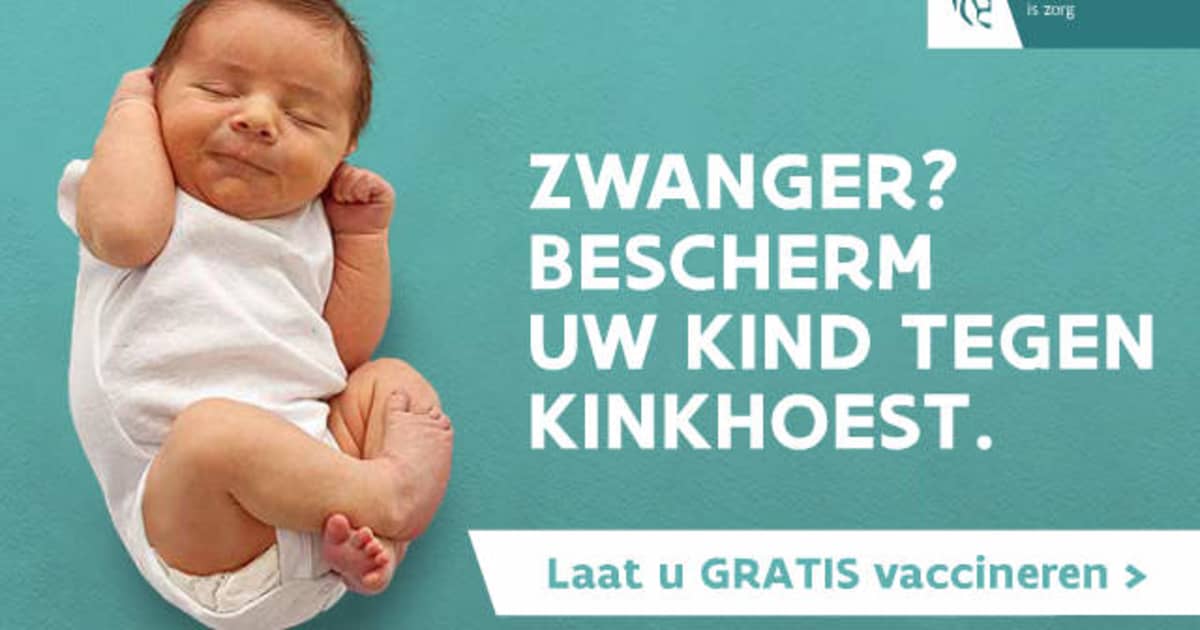The Ministry of Healthcare has already counted 159 reports of whooping cough this year. In the years before the COVID pandemic, an average of fewer than 1,000 cases of whooping cough were reported annually, or an average of 80 cases per month in January (2017-2019). In 2023, the administration has already noticed an increase in the number of whooping cough cases, especially in West and East Flanders. In the reports issued in 2024, it is striking that there are more cases than in previous years, especially in Antwerp (46) and Flemish Brabant (57).
Most cases of whooping cough occur in children between the ages of 4 and 9, which doesn't make sense. After vaccinations as an infant, there is a booster vaccine at age 6, because protection then begins to decline. Immediately before that reinforcer or if the reinforcer is not given, protection is reduced. This year, 56 reports were received in this age group.
Whooping cough does not pose a significant risk to these children, but it can transmit the infection to their younger brothers or sisters who are very vulnerable and at risk of complications. The care department also received an increased number of reports of infections and hospital admissions in children under one year of age in January. Already, 16 infants have been diagnosed with whooping cough this year, and 10 of them have been hospitalized.
Joris Munins, spokesman for the Ministry of Welfare: “It is important that we continue to protect the most vulnerable young children through vaccination. Newborns cannot be vaccinated immediately and vaccination also requires several doses before protection is optimal. This is why we recommend that women get vaccinated against whooping cough during every pregnancy. Thanks to this vaccination, the baby is born with antibodies against whooping cough. Adult family members should also be vaccinated every 10 years, to reduce the risk of infection in younger children. And people who often come into contact with young children, such as grandparents or people who work in a daycare center or pediatric service.
Within the vaccination schedule, the pertussis vaccine is given at 8, 12, 16 weeks, 15 months, 6 years, and 14 years. Adults should then be vaccinated every ten years. The vaccine is free.
Whooping cough is an acute bacterial infectious disease of the respiratory system. By coughing, sneezing, and talking, bacteria travel through the air and can become infected. Whooping cough mainly affects children, but has also become more common in teenagers and adults in recent years. Infants and newborns can become severely ill with whooping cough and their symptoms sometimes vary, such as malnutrition, difficulty breathing, and turning blue. Does anyone in your family have a cough for a long time? Then definitely go to the doctor.

“Total coffee specialist. Hardcore reader. Incurable music scholar. Web guru. Freelance troublemaker. Problem solver. Travel trailblazer.”







More Stories
GALA lacks a chapter on e-health
Weird beer can taste really good.
Planets contain much more water than previously thought